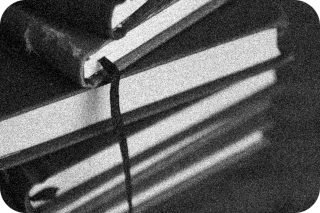The legality of cannabidiol is based on its sourcing, THC content, and where you reside. While it comes from the cannabis plant, CBD is non-psychoactive. CBD is generally thought to promote good health, helping with things such as coping with stress, pain alleviation, and sleeping.
Under the 2018 Farm Bill, CBD derived from hemp is federally legal in the United States provided it has no more than 0.3% THC. That bill legalized hemp and its removed its extracts from the Controlled Substances Act. Still, some states have their own rules regarding the regulation of products based on hemp. Several states have enacted rather strict laws in limiting or outright banning CBD use in general.
That’s a different story for CBD extracted from marijuana. Since marijuana has higher levels of THC, products produced from it are federally illegal. However, many states in which cannabis is either medically or recreationally legal allow the sale and use of marijuana-extracted CBD within their borders.
Internationally, the laws on CBD also vary widely. For example, Canada and the UK permit CBD products with very specific labeling and limits on THC, while others, such as many countries in Asia and Africa, ban all cannabis products.
It’s also critical to think about product type: CBD edibles, topicals, oils, and vapes could be treated differently because of their purpose and claims.
Always check into the local laws regarding the purchase of CBD products, and whether you can travel with them. When in doubt, it is best to consult with a legal professional or trusted retailer.
